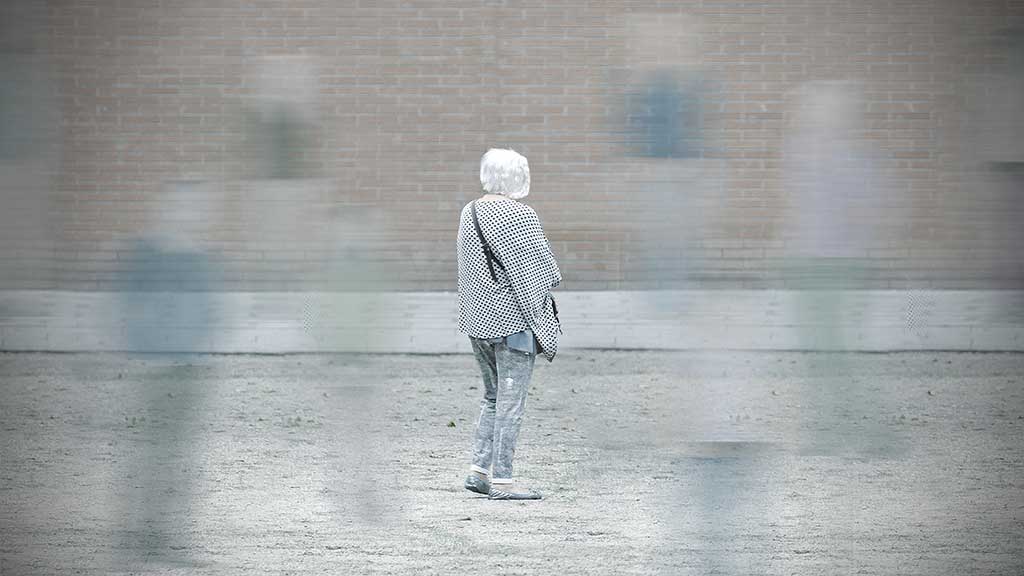Are you concerned about your loved one’s forgetfulness? You should understand what is typical about memory loss and aging and the indicators of more severe issues. In this guide, we’ll discuss how aging affects memory and what you can do.
Age-Related Memory Loss
As your loved ones become older, their body goes through physiological changes that might create problems with brain processes. They’re no longer as fast as they were, and it takes them a bit more time to learn and remember knowledge. People often mistake this slowdown of their brain functions with genuine memory loss. However, if your loved ones give themselves adequate time, the memory will come in most cases.
Significant memory loss is not unavoidable for aging. But, like muscular strength, the brain can regenerate new brain cells at any age, so your elderly parents must constantly utilize it or lose it. Their lifestyle, habits, and everyday activities are all significant to brain health. And regardless of age, several techniques can boost cognitive abilities, avoid memory loss, and safeguard the grey matter.
Moreover, most mental capabilities are widely unaffected by normal aging, such as:
- Their capacity to continue with their usual activities.
- Their life experience has given them insight and understanding.
- Their natural common sense and ability to construct acceptable arguments and conclusions.
Normal Forgetfulness
Most people consider periodic gaps in short-term memory to be a natural part of the aging process and not an indication of substantial mental deterioration or Alzheimer’s disease or another dementia development.
Memory lapses of the following categories are common in older persons and are not regarded as alerting indicators of dementia:
- They may occasionally forget where they left items they frequently use, such as glasses or keys.
- Forgetting friends’ names or confusing one recollection with another.
- Occasionally miss an appointment or enter a place and forget why they are there.
- Being quickly sidetracked or having difficulty recalling what they have just read or the specifics of a discussion.
- Not being able to recall knowledge that is “on the tip of their tongue.”
Dementia
The critical distinction between normal cognitive decline and dementia is that the former does not cause disability. Memory lapses have minimal influence on day-to-day performance and the ability to execute what one desires.
Dementia, on the other hand, is characterized by a chronic, debilitating decrease in two or more cognitive functions such as memory, language, judgment, and abstract reasoning.
When cognitive impairment becomes so prevalent and severe that it interferes with your employment, hobbies, social events, and family connections, you may have Alzheimer’s disease, another ailment that causes dementia, or a condition that resembles dementia.
Let Rittenhouse Village At Valparaiso Care for Your Loved Ones
At Rittenhouse Village At Valparaiso, we provide well-equipped apartments, chef-prepared cuisine, senior-specific exercise classes, and on-site medical treatment and rehabilitation services. In addition, we provide support with everyday living tasks such as showering and eating. You or a loved one can be confident that all of your needs will be fulfilled by skilled and qualified team members.







